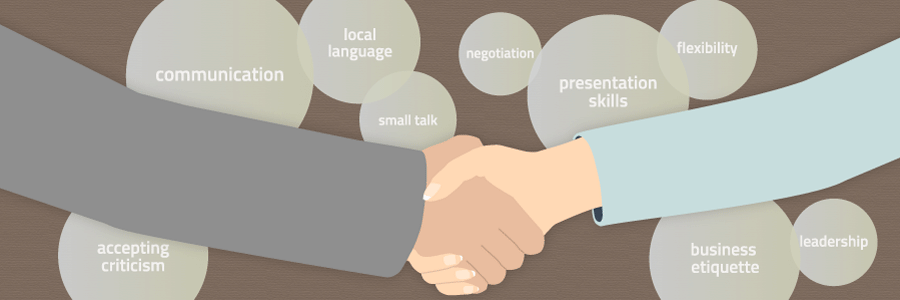Skip to:
Canadian Experience = soft skills
- Employers look for “Canadian Experience”.
- “Canadian Experience” means having the soft skills for the job.
- Soft skills predict if you will be a good a fit for the company.
- They can show if you will stay for good.
What are soft skills?
- Soft skills are the abilities of a person to interact with others.
- They are used to adapt to the work and the environment.
- They cannot be measured.
- Includes traits such as patience, positive attitude, and dependability.
- They range from communication skills to emotional intelligence.
What are hard skills?
- Technical skills and credentials are hard skills.
- They are important because they enable you to perform your job effectively.
- In Canada soft skills are valued more than hard skills.
- According to Nick Noorani, employers prioritize on soft skills because:
“A candidate with the right hard skills but poor soft skills won’t be able to learn the soft skills required quickly enough. But a person with the right soft skills has the potential to acquire any hard skills they may lack”.
What soft skills should you have?
- Communication skills
- Know Canada’s official languages: English and/or French.
- Have good listening, speaking, writing and reading skills.
- Learn non-verbal cues.
- These are accepted body language.
- Example: Looking into a person’s eyes when you speak.
- Local language
- This is business language and the unique language used in Canada.
- Learn your profession’s jargon to help you understand and perform your job better.
- Learn “Can-speak” to fit into the community.
- Presentation skills
- Present well and speak to groups with confidence.
- Good presenters are seen as leaders.
- Small talk
- It is a common practice in Canadian workplaces.
- It is light conversation with your co-workers including your boss.
- It indicates that you want to belong.
- People talk about the weather, sports, or current events.
- Don’t talk about matters like religion, politics, finances or health.
- Leadership and initiative
- Taking charge of your career.
- Examples:
- Leading a project
- Suggesting ways to make work more efficient
- Become a more assertive and effective team player.
- Conflict resolution and negotiation
- This means:
- being open minded
- diplomatic
- knowing how to negotiate
- Accepting constructive criticism
- This means accepting feedback graciously.
- It helps you become a better employee and a better person.
- It is hard, but take it as a learning opportunity.
- Flexibility
- This means being open to change and showing your willingness to adapt.
- This means:
- adapting to Canadian culture
- adapting to changes in technology
- adapting to business processes in your profession
- Business etiquette
- Proper business etiquette is the key to making a good impression.
- Examples:
- a firm handshake
- eye contact
- smiling
- greeting people
- being open and enthusiastic
- being polite.
9 Soft Skills No Immigrant Should be Without is adapted with the permission of the author Nick Noorani.
Back to top
Community Resources
Download Nick Noorani’s 9 Soft Skills No Immigrant Should be Without from the Prepare for Canada site.
Back to top
We'd love to hear from you!
Please login to tell us what you think.



